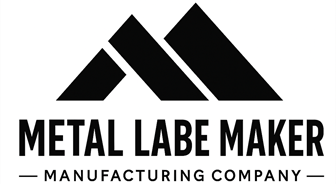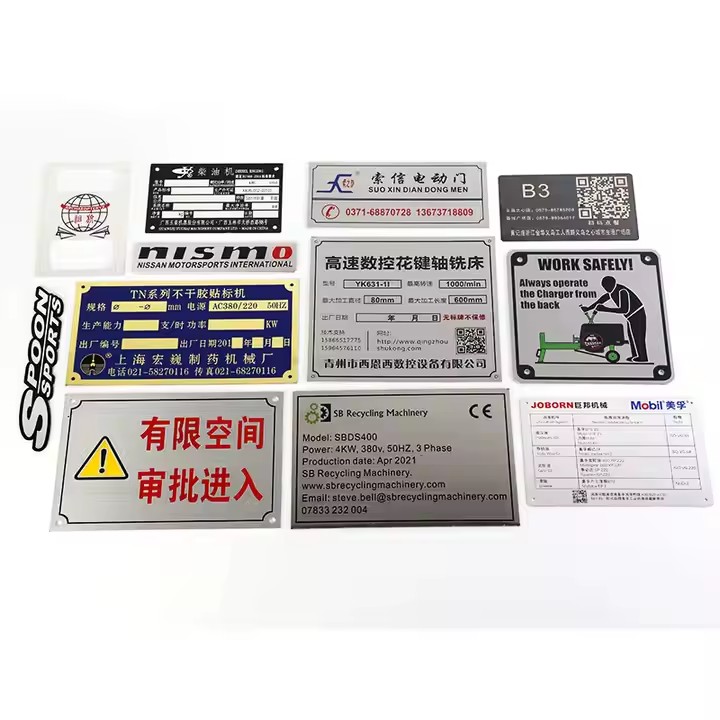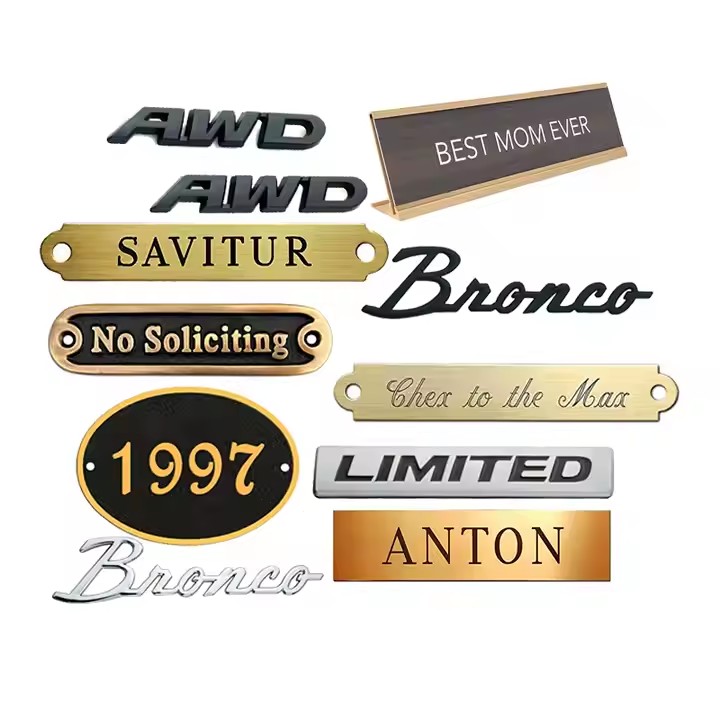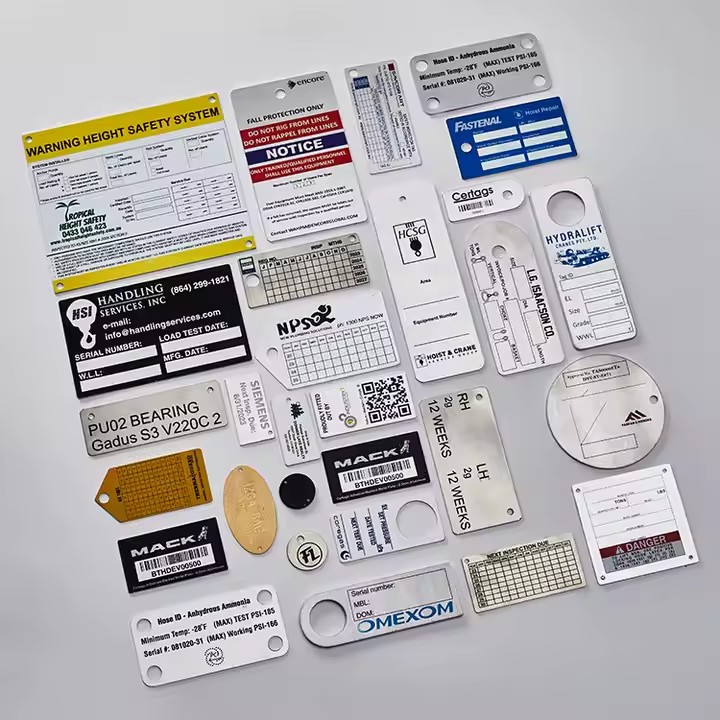Screen Printing vs. UV Printing: Which Is Better for Metal Labels?
When it comes to adding graphics, colors, or logos to custom metal labels, two popular printing methods stand out: screen printing and UV printing. While both offer excellent visual results, they differ in durability, cost, speed, and finish.
This article compares screen printing vs. UV printing for metal labels to help you choose the most suitable process for your specific application.
What Is Screen Printing?
Screen printing involves pressing ink through a mesh stencil (screen) onto the metal surface. Each color requires a separate screen and layer.
Key Features:
-
Uses solvent or epoxy-based inks
-
Often baked for durability
-
Works well on flat surfaces
-
Great for bold, solid-color designs
What Is UV Printing?
UV printing is a digital, inkjet-based process that uses ultraviolet light to cure ink instantly as it is applied directly to the metal surface.
Key Features:
-
Full-color, high-resolution output
-
Cures ink immediately using UV light
-
Supports gradients, fine lines, and small text
-
No need for separate screens or setup
Comparison Table: Screen Printing vs. UV Printing
| Feature | Screen Printing | UV Printing |
|---|---|---|
| Print Quality | Medium to High (solid colors) | Very High (fine detail & gradients) |
| Color Capability | Limited (1 color per screen) | Full CMYK + white (multicolor) |
| Setup Time | High (requires screens & alignment) | Low (digital process) |
| Durability | Excellent (with baked inks) | Very good (for most indoor/outdoor) |
| Surface Compatibility | Best on flat, pre-treated metals | Can handle slight curves & textures |
| Cost for Low Volumes | Higher (setup fees per color) | Lower (ideal for small batches) |
| Best For | Simple designs, large batches | Complex graphics, short runs |
Advantages of Screen Printing for Metal Labels
-
Cost-effective for large quantities
-
Thicker ink application offers durability and opacity
-
Proven method for industrial, military, and equipment labeling
-
Excellent for color-filling engraved or etched areas
Common Applications:
-
Industrial warning plates
-
Control panels and nameplates
-
Outdoor equipment tags (with baked finishes)
-
Labels with solid logos or text
Advantages of UV Printing for Metal Labels
-
Fast turnaround with no setup costs
-
High-resolution output (photographic quality)
-
Ideal for short-run orders and prototypes
-
Allows printing on curved, coated, or textured surfaces
Common Applications:
-
Brand nameplates with detailed logos
-
Product labels with full-color graphics
-
Promotional or marketing tags
-
Retail or boutique product signage
Which One Should You Choose?
Here are some quick tips:
| If You Need… | Go With… |
|---|---|
| High durability in outdoor settings | Screen Printing (with baked ink) |
| Sharp gradients or photographic quality | UV Printing |
| Large production runs with simple design | Screen Printing |
| Small batches with full color | UV Printing |
| Quick turnaround and no setup fees | UV Printing |
| Durable industrial or safety labeling | Screen Printing |
Conclusion
Both screen printing and UV printing offer valuable advantages for metal label customization. Your decision should depend on factors like:
-
Design complexity
-
Production volume
-
Environmental exposure
-
Budget and time constraints
💬 Need help choosing the right printing method for your metal labels? Our experts can guide you based on your project requirements and recommend the most suitable solution.







